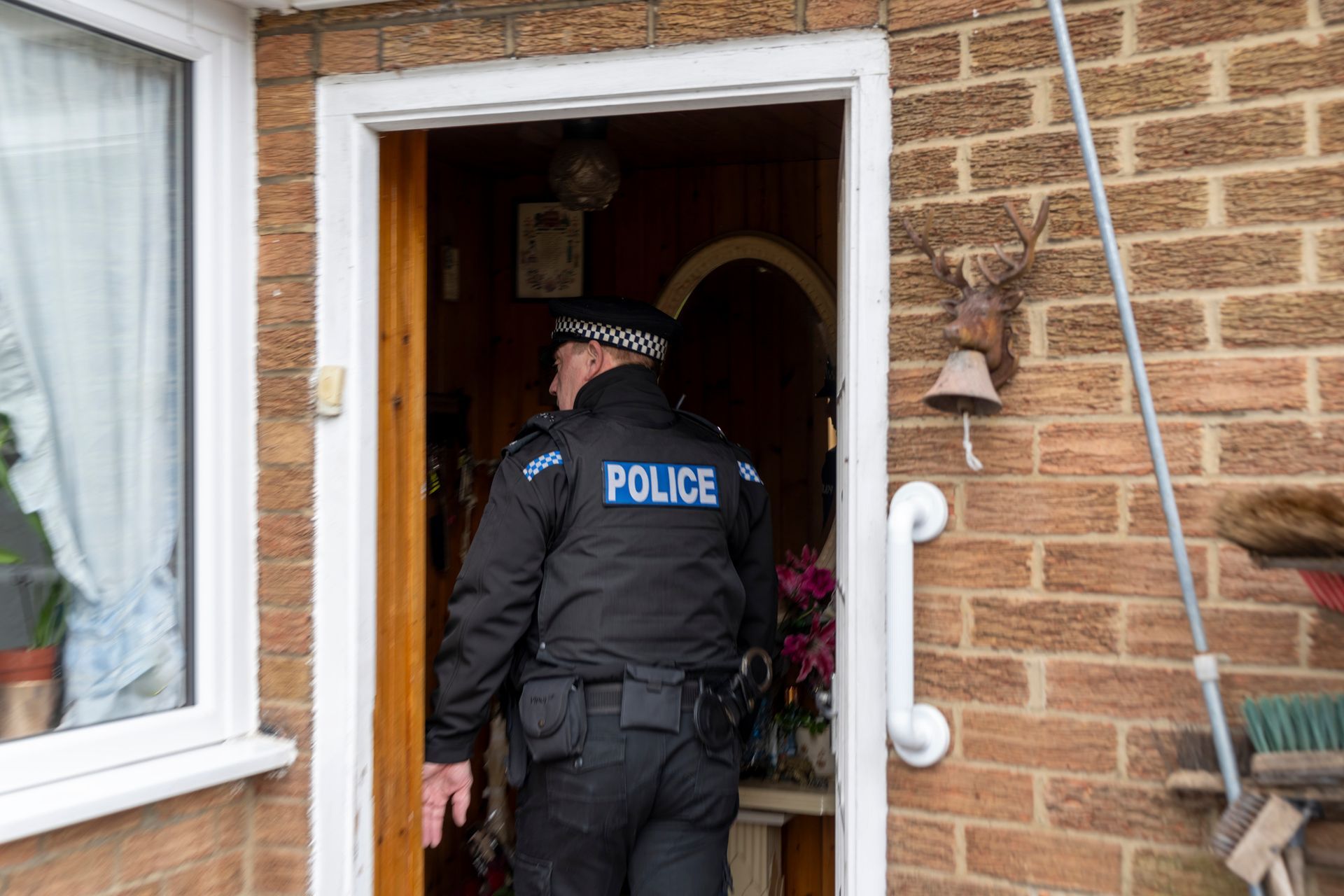
The Fourth Amendment to the U.S. Constitution protects people from unreasonable searches and seizures by the police. In most cases, the police must demonstrate probable cause to justify a search and get a signed warrant from a judge.
However, there are certain circumstances in which the police can conduct a warrantless search. It’s crucial to understand these circumstances so you know how to protect yourself and challenge warrantless seizures that do not meet the valid exceptions to the Fourth Amendment.
General Rules for Police Searches in Wisconsin
In criminal cases, police typically need a warrant to conduct a search, which helps uphold everyone’s Fourth Amendment right to freedom from unreasonable searches and seizures. A warrant is a legal document issued by a judge or magistrate that authorizes police to search a specific person, place, or vehicle. To obtain a warrant, law enforcement must demonstrate probable cause, which means they must present sufficient evidence to suggest that someone has committed a crime and that the police may find items connected to the crime in the place specified by the warrant.
This requirement is crucial as it provides a neutral judicial assessment before allowing a search. The rule helps ensure that police only conduct justified searches. The warrant must specify what the police are searching for and where they are allowed to search, preventing any general or overly broad searches of a person’s property. This process balances the legitimate needs of law enforcement with individuals’ privacy rights.
When the Police Can Conduct Warrantless Searches in Wisconsin
Over the years, various court decisions and legislation have broadened the circumstances in which the police do not need a warrant to conduct a search. Some exceptions to the rule requiring warrants for searches include:
- Valid Consent – If an individual voluntarily agrees to a search of their property without coercion, police can proceed without a warrant.
- Vehicle Searches – Police can search a vehicle without a warrant if they have probable cause to believe it contains evidence of a crime.
- Exigent Circumstances – If urgent conditions make obtaining a warrant impractical, such as when evidence is likely to be destroyed or there’s an immediate risk to public safety, police may conduct a search without a warrant.
- Emergency Exception – This allows searches without a warrant if immediate action is necessary to prevent physical harm, protect life, or avoid serious property damage.
- Inventory Searches – Police are permitted to search impounded vehicles or other seized property to inventory the items found within.
- Incident to a Lawful Arrest – After making an arrest, police can search the person and the area within their immediate control without a warrant to ensure officer safety or prevent the destruction of evidence.
- Probation, Parole, or Extended Supervision – According to Wisconsin law, individuals on probation, parole, or extended supervision may be subject to searches without a warrant as a condition of their supervision.
- Community Caretaking – Police can perform warrantless searches when carrying out community caretaking functions, such as helping injured persons or preventing harm to the public.
Cohen Law Offices Can Protect You from Illegal Police Searches and Seizures
Challenging illegal searches and seizures is a crucial component of a criminal defense lawyer’s job. If the police violated your rights by conducting an illegal search, Cohen Law Offices can demonstrate the search’s illegality and call for suppression of any evidence seized in the search. Call (715) 514-5051 today or complete our contact form for a confidential consultation.

